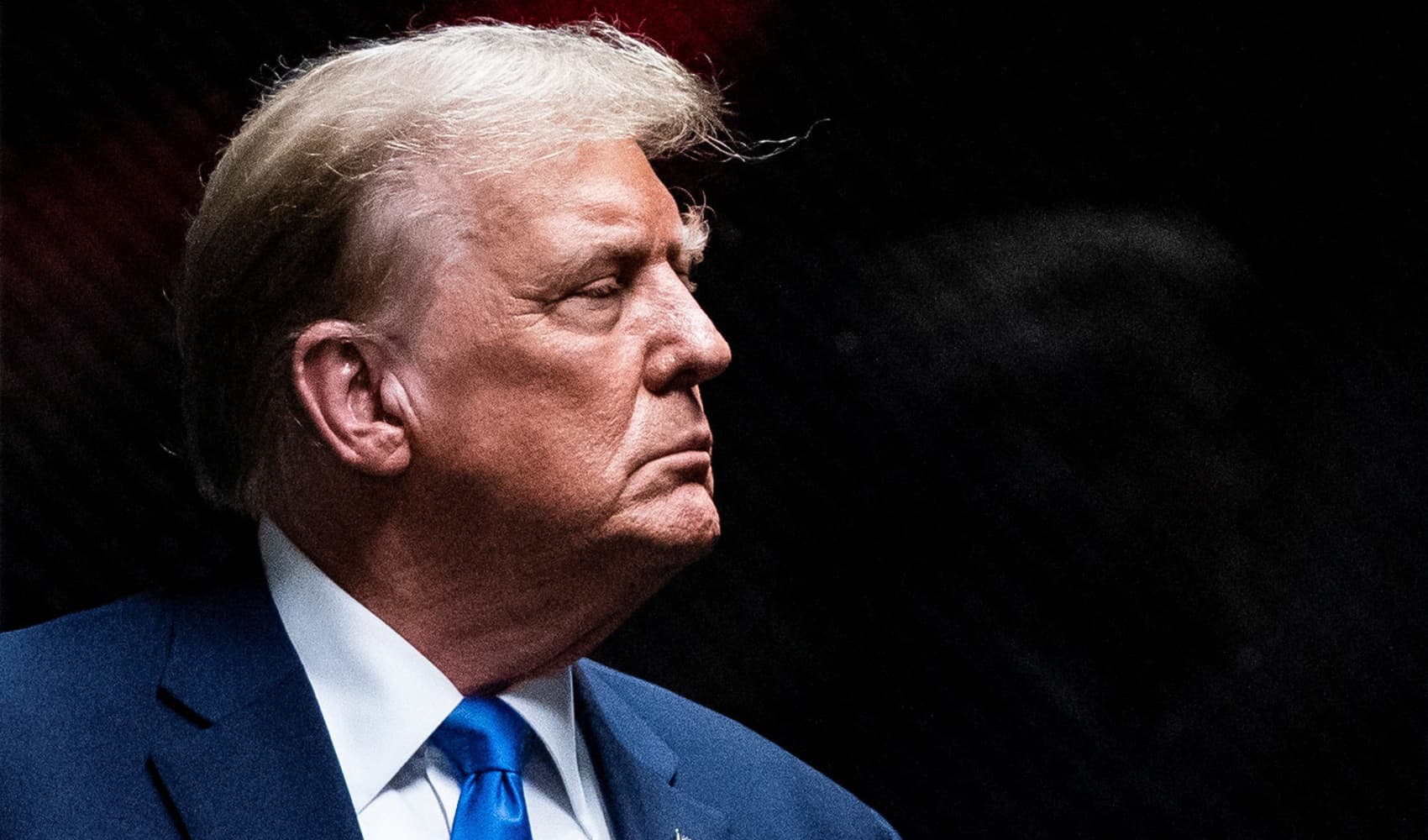
- Russian Defense Ministry spokesman Igor Konashenkov was quoted as saying military units from the southern and western districts of Russia had already begun returning to their garrisons.
- However, NATO chief Jens Stoltenberg said the military alliance had not seen "any signs of de-escalation on the ground from the Russian side."
- Earnings remain a key driver of individual share price movement in Europe, with Glencore, Engie, Randstad and DSM among the companies reporting on Tuesday.
LONDON – European stocks closed higher on Tuesday after Russia announced it had begun returning some troops to deployment bases, tentatively raising hopes of de-escalation on the borders of Ukraine.
The pan-European Stoxx 600 index provisionally ended up 1.3%, with healthcare stocks adding 2.1% to lead gains as almost all sectors and major bourses entered positive territory.
Russian Defense Ministry spokesman Igor Konashenkov confirmed on Tuesday that military units from the southern and western districts of Russia had begun returning to their garrisons, a move that could de-escalate the febrile geopolitical stand-off between Russia and the West over Ukraine.
Get South Florida local news, weather forecasts and entertainment stories to your inbox. Sign up for NBC South Florida newsletters.
Fears that Russia could invade Ukraine in the coming days, a claim the Kremlin has repeatedly denied, had gripped markets on Monday.
However, NATO chief Jens Stoltenberg told reporters on Tuesday that while there were grounds for "cautious optimism" over the situation in Ukraine, the military alliance had not seen "any signs of de-escalation on the ground from the Russian side."
Calling the situation the most serious security crisis in Europe for decades, Stoltenberg's comments echoed warnings from the U.S. and its allies in recent days that while diplomacy remained the top priority, a Russian attack on Ukraine could be imminent.
Money Report
The United States on Monday ordered the closure of its embassy in Kyiv and ordered the relocation of staff to the western Ukrainian city of Lviv, citing the "dramatic acceleration in the buildup of Russian forces" at Ukraine's border.
Markets around the world have been roiled over the past week by the ratcheting up of tensions in eastern Europe and concerns that the U.S. Federal Reserve could be forced to tighten monetary policy more aggressively than hoped, following the highest annual inflation print since 1982.
Philipp Lisibach, chief global strategist at Credit Suisse, told CNBC on Tuesday that a confirmed de-escalation would give a boost to risk assets after a period of uncertainty and volatility.
"If we have, let's say, a resolution in terms of the geopolitical issues that we currently face, I would imagine that the global economy takes a breather, risky elements of the market can certainly recover, the cyclicality and the value trade should probably do well, and European equities particularly that have come under pressure, we assume that they can continue to outperform, so we would certainly look into that angle specifically," Lisibach said.
Earnings remain prominent in Europe, with Glencore, Engie, Randstad and DSM among the companies reporting on Tuesday.
German food delivery company Delivery Hero climbed 14% to lead the Stoxx 600 while at the bottom of the European blue chip index, Swiss banking software company Temenos fell by around 8% after missing fourth-quarter earnings expectations.
Across the Atlantic, shares on Wall Street opened higher, with the Nasdaq Composite up more than 1.5% during early trade.
On the data front, euro zone GDP grew 0.3% in the fourth quarter for a 4.6% year-on-year increase, initial flash estimates showed on Tuesday. This marked an expected slowdown from the previous quarter as the reintroduction of social restrictions to contain the omicron Covid-19 variant weighed on activity.
"The release confirms the bloc's slowdown at the end of last year, as the easy wins from re-opening were exhausted and as omicron pushed countries to re-impose restrictions," said Hussain Mehdi, macro and investment strategist at HSBC Asset Management.
"Looking ahead, omicron is likely to keep the economy on a weak footing in the first quarter, although full year prospects for 2022 remain solid amid an improving health situation and our expectation that inflation and supply-chain problems will abate later in the year."
Subscribe to CNBC PRO for exclusive insights and analysis, and live business day programming from around the world.






